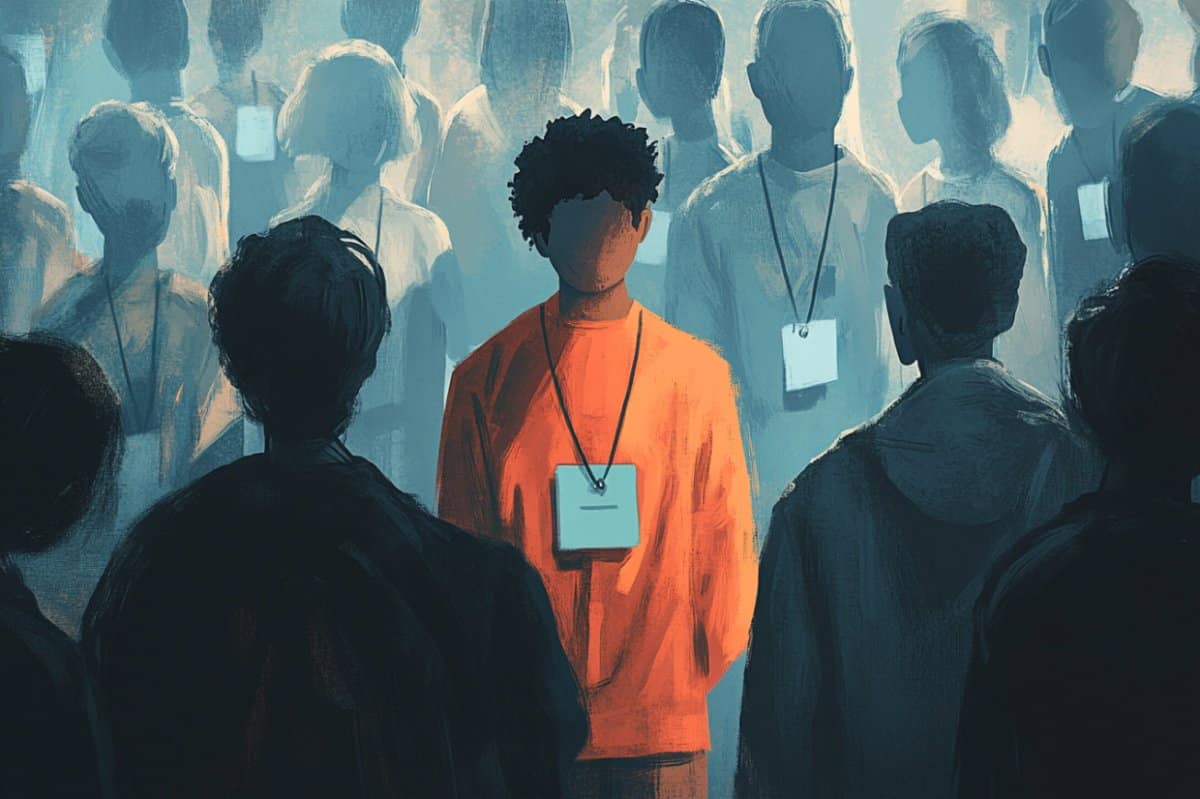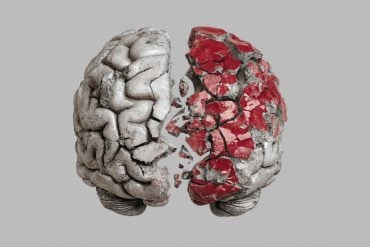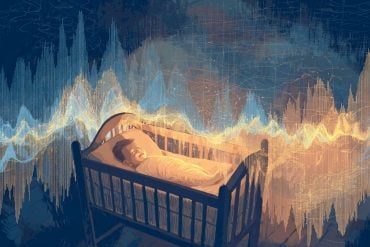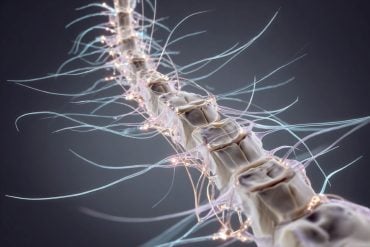Summary: A new study reveals that people with developmental prosopagnosia, or face blindness, struggle daily to recognize even close friends and family, despite having normal vision and memory. Many participants described coping strategies like keeping spreadsheets or using voices and clothing to identify others, but these are often exhausting and unreliable.
The condition frequently leads to social anxiety, isolation, and fear of being perceived as rude or unintelligent. Researchers call for greater public awareness, workplace accommodations, and recognition of face blindness as a form of neurodivergence.
Key Facts:
- Common Yet Overlooked: About 1 in 50 people have developmental prosopagnosia.
- Daily Struggles: Even “mild” cases can cause social anxiety and impair relationships.
- Neurodivergence Recognition: Experts urge classifying face blindness as neurodivergence for better inclusion.
Source: The Conversation
Have you ever been ignored by someone you knew when you bumped into them in the street or at an event?
If so, you probably thought they were being rude. But they might have face blindness – a condition officially known as developmental prosopagnosia.
In a new study my colleagues and I conducted, 29 adults with face blindness revealed the daily challenges they face.
Ten of the participants said they could not reliably recognise immediate family members, and 12 couldn’t recognise closest friends in out-of-context or unexpected encounters. Yet many felt it was socially difficult to admit these struggles.
One of the participants didn’t recognise her husband of 30 years when he unexpectedly came to pick her up from the airport. Another described how “when I am off work for a week and come back it’s really hard to figure out who is who”.
Although public awareness of face blindness is low, there is a high chance that you already know someone with face recognition difficulties.
Around one in 50 people have developmental prosopagnosia, a lifelong condition that causes severe face recognition difficulties despite otherwise normal vision, IQ and memory.
Researchers usually describe not being able to recognise close friends and family as a “severe” form of prosopagnosia, but our new study – conducted with a colleague at Dartmouth College in the US – shows that even people classified as having “mild” prosopagnosia can have serious difficulties in daily life.
This suggests that prosopagnosia diagnosis should consider real-life experiences, not just lab tests.
Most face-blind participants who took part in the research had tried various strategies to recognise people. However, these methods required huge mental effort and often didn’t work.
For example, keeping detailed notes, or even spreadsheets, with descriptions and cues about people they have met. Or mentally trying to associate a name with a personally distinctive feature.
However, participants admitted their strategies were often “exhausting” and were particularly difficult to use at work when they were busy, concentrating on a task, or because colleagues wore uniforms or similar work clothing.
Some prosopagnosics said they used unusual ways to recognise others, for example, by smell. Another said that worrying about a face distracted them, so they found it more helpful to look at people from behind to work out who they were.
Prosopagnosics told researchers how their condition caused them considerable difficulties at school, at work and in everyday social situations. Two-thirds of the prosopagnosics said they could recognise fewer than ten familiar faces.
Previous research suggests most adults recognise around 5,000 faces, so this difference is huge.
A widespread worry among people with face blindness was being misjudged as rude, uncaring, or even “a bit dim” by others who didn’t understand the condition. This concern often led to social anxiety and reduced self-confidence in social situations.
A common coping strategy was to avoid social gatherings or to deliberately keep social circles small to limit the number of faces people had to try and learn. But these strategies sometimes had a downside.
Looking back on their lives, some people felt that their face recognition difficulties had left them socially isolated, or with “poorly developed” social skills because they hadn’t mixed much with others while growing up.
Prosopagnosics were asked what they thought future research into face blindness should focus on. Their top priority was improved awareness and understanding that this condition exists and how it affects people.
They thought this was particularly important for employers, schools and medical staff – but also for the general public.
The research found that many simple things could make life much easier for people with face recognition difficulties. Providing large name badges at events and conferences is a simple but helpful adjustment.
Participants said they found it a huge relief when meetings started with a round of introductions, the chair always addressed people by name, or they were given seating plans. Hot desking causes problems, so keeping a regular seating plan in a workplace or classroom can help face-blind people learn who usually sits where.
If you are meeting a face-blind friend, sending a quick message beforehand to let them know what you are wearing and exactly where you are sitting can also help.
A form of neurodivergence
My colleagues and I believe that developmental prosopagnosia should be considered a type of neurodivergence. This term describes someone whose brain works differently from what is considered typical. It usually includes people with autism, ADHD, dyslexia and dyspraxia.
Recognising face blindness as a form of neurodivergence isn’t just about awareness, it’s about dignity, inclusion and making everyday life easier for thousands of people.
About this prosopagnosia research news
Author: Judith Lowes
Source: The Conversation
Contact: Judith Lowes – The Conversation
Image: The image is credited to Neuroscience News
Original Research: Open access.
“This condition impacts every aspect of my life: A survey to understand the experience of living with developmental prosopagnosia” by Judith Lowes et al. PLOS One
Abstract
This condition impacts every aspect of my life: A survey to understand the experience of living with developmental prosopagnosia
This mixed methods study examined the real-world experiences of living with developmental prosopagnosia (face blindness), a lifelong neurodevelopmental condition that severely affects the ability to recognise faces despite otherwise normal vision, IQ and memory.
Twenty-nine UK based adults with confirmed face recognition difficulties completed an online survey describing and quantifying their experiences of living with poor face recognition.
Although the majority (62%) of participants reported being able to recognise their immediate family, e.g., parent, partner, or child, strikingly 35% reported being unable to reliably recognise their immediate family members out of context.
Even fewer (45%), reported always being able to recognise their three closest friends when encountering them unexpectedly, highlighting that DP commonly affects the recognition of highly familiar faces with whom individuals have close emotional relationships.
Furthermore, participants who reported being able or unable to recognise their immediate family showed no significant difference in objective face memory ability.
More than two thirds of participants (65.5%) reported being able to recognise fewer than 10 familiar faces (with the most common response being none), far below typical abilities.
Thematic framework analysis highlighted how low public, professional, and employer awareness of developmental prosopagnosia presented challenges across multiple domains including seeking diagnosis, social and family relationships and workplaces.
Driven largely by concerns about negative evaluation by others, most participants employed a range of highly effortful, though error prone, strategies to disguise and compensate for their face recognition difficulties.
Some of the strategies described may help explain why many individuals can perform within typical norms on laboratory face processing tests despite their clear difficulties in everyday life and highlight the need for ecologically valid tests.
Participants’ highest priorities for future research were improved awareness of developmental prosopagnosia and interventions to improve their face recognition ability.








